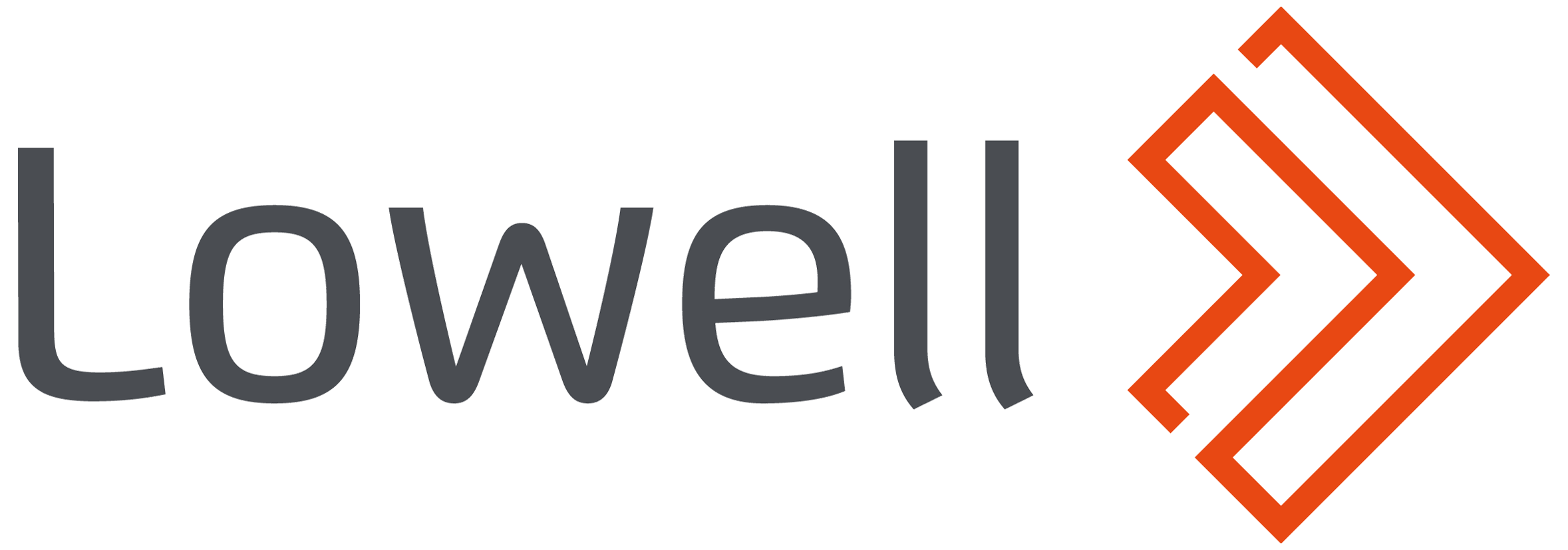What is gambling debt?
Gambling and Debt
Here at Lowell, we understand that gambling can be a difficult topic to tackle, and that it can become a serious problem that can lead to longer-term issues. We also know that gambling and debt can both be taboo topics which is why we’ve created this guide to address the ways in which gambling can impact you financially, and where to seek help with gambling debt if you’re struggling.
In this guide, we’ll delve into:
- What is gambling debt?
- How to clear gambling debt
- Can you get an IVA if you gamble?
- Can gambling affect your benefits?
- Do Lowell purchase gambling debt?
This content is intended to be an impartial guide regarding gambling and debt. Lowell Financial Ltd does not offer financial advice. You can find out more about the organisations you can contact in our guide on debt help and support.
What is the average gambling debt in the UK?
How to clear gambling debt?
We understand that dealing with any sort of debt can leave you feeling concerned and worried, especially if it’s beginning to impact other areas of your life. But there are ways you can start to try take control of your situation and begin dealing with your gambling debt.
Seek professional advice and help with gambling debt
Be honest with loved ones
Block or limit gambling payments
Identify and focus on priority debt first
Let your creditors know about your current situation
Can you get an IVA if you gamble?
Can gambling affect your benefits?
Do Lowell purchase gambling debt?
Sources:
First published: 6th August 2024
Updated: 2nd July 2025




